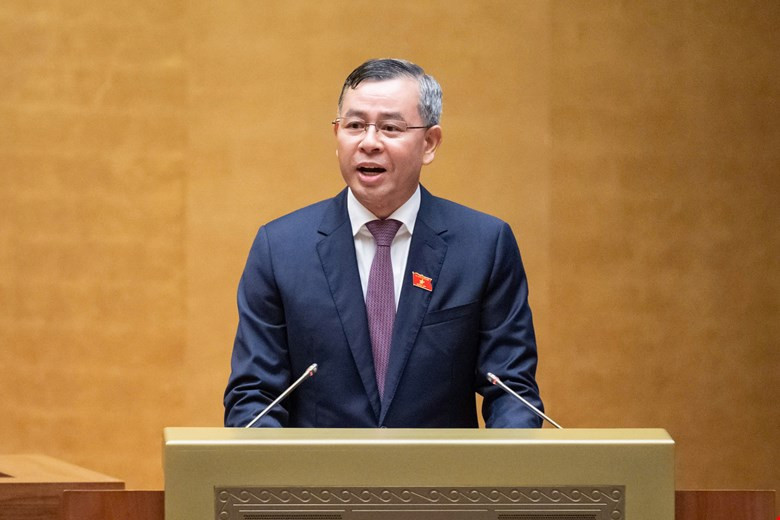This information was disclosed in the 2023 State Budget Settlement Audit Report by the State Audit Office of Vietnam.

Among the three projects, one involves the construction of Ho Chi Minh City Metro Line No. 2 (Ben Thanh - Tham Luong), funded by a KfW loan under the Small and Medium Enterprise Development Program signed in 2011.
However, by February 24, 2024, the Ho Chi Minh City People’s Committee had submitted an official request to the Ministry of Finance to discontinue use of this loan.
In another case, the Ministry of Finance signed a loan agreement before completing the appraisal and approval for re-lending, violating current regulations.
This involved the project titled "Climate-resilient infrastructure development for ethnic minorities - Binh Dinh subproject" (Project Code: 19964100).
"This caused delays in signing re-lending contracts with the locality and affected disbursement progress," the State Audit Office noted.
The audit also pointed out procedural errors in the cancellation of funds under the Vietnam Urban Upgrading Project (Loan Agreement No. 6055-VN, funded by IDA).
Specifically, inaccuracies in reallocating the canceled funds to new projects led to 4,190,020 Special Drawing Rights (SDR) not being renegotiated, contrary to the directive of the Deputy Prime Minister.
In 2023, the State Audit also observed that the average balance of non-term deposits in the Foreign Debt Repayment Accumulation Fund remained high at VND 6,996.3 billion.
“Keeping non-term deposits in the State Treasury instead of placing them in fixed-term accounts at commercial banks fails to maximize the fund’s efficiency,” the audit stated.
As a result, the State Audit Office has recommended that the Government and the Prime Minister direct the relevant units to review and clarify responsibility in accordance with regulations regarding: the three long-delayed projects that incurred substantial commitment fees (especially the HCMC Metro Line No. 2 project), and the procedural error that prevented the renegotiation of 4.19 million SDR.
The agency also found shortcomings in tax revenue management, citing insufficient oversight of individual businesses, lack of coordination in revoking business licenses for operations suspended over six months, failure to conduct post-refund tax audits within the mandated five-year risk-based window, and delays in VAT refunds to taxpayers.
Land management issues remain prevalent, including the use of land without official lease contracts, delays in reclaiming land with long-standing withdrawal decisions, failure to adjust lease prices after rate stabilization periods, miscalculations of lump-sum land lease payments, and improper land lease exemptions.
In mineral resource management, there were errors in declaring production volumes for calculating taxes that exceeded licensed capacity, underreporting of environmental protection fees, and fees for mineral exploitation rights.
At customs, the audit uncovered instances of incorrectly applying the 2% VAT reduction to certain goods, as well as inconsistent classification of commodity codes.
Tuan Nguyen